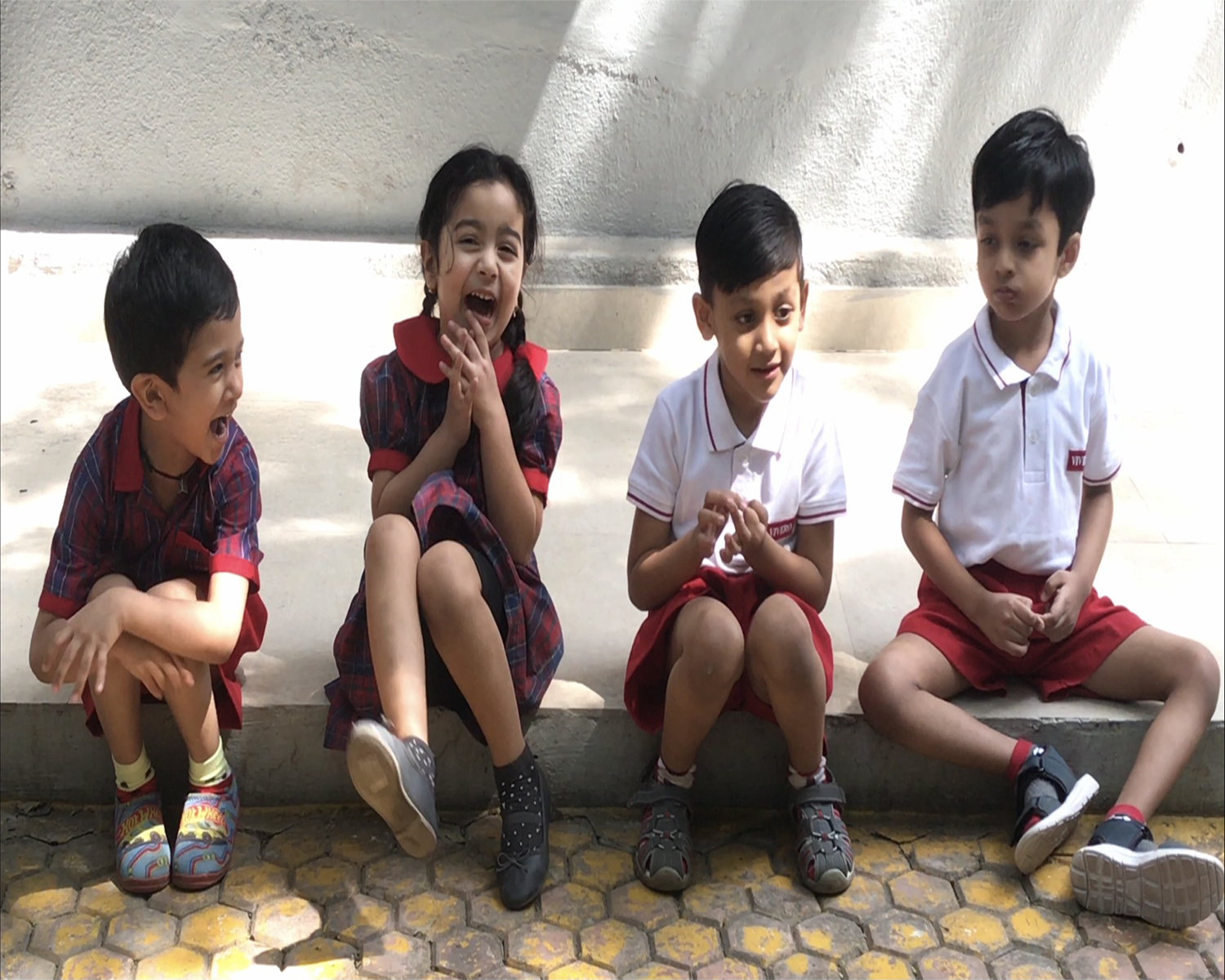- Call/Whatsapp: +91-9372801276
- Mail us: info@viverointernational.com
‘Mom, Look! I Made a Friend!’
Preschool is the age when children start to make friends and build relationships with their peers. We know that friendship is important during the early years because this is a time children learn about the ‘give and take’ of relationships. By sharing experiences, feelings, and interacting with one another, children learn how to meet the social needs of themselves and others.

So how do children form friendships?
Fundamental to the formation of friendships is a child’s skill set. Their behavioural, cognitive and social skills will dictate their success in getting on with others in their peer group – and of course, there needs to be opportunity. Young children need to be with their peer group to learn to socialize and develop their social interactions. Play dates, mothers’ groups, family gatherings, preschools– these are all important opportunities for babies, toddlers and young children to learn about socialization and friendship.
Babies
As mentioned earlier, the bonds of friendship start in infancy and babies begin to form meaningful attachments with caregivers with whom they interact regularly – mostly a parent. These bonds continue as they grow older with playful interactions like the caregiver smiling and waiting for baby to smile back, playing ‘peek-a-boo’, taking turns to hold a toy etc setting the foundations for the ‘give and take’ of friendships and relationships later on.
Toddlers (approximately 18 months – three years)
Toddlers tend to play alongside others as opposed to actually playing with them, but this parallel play is an important step for their social development. Modelling and imitating the behaviour of others, especially adults, also paves the way for a child’s social development – and it’s important that their experiences are positive, constructive and consistent.
Pre-schoolers (three to five years)
Research suggests that children get along with one another better when they are engaged in activities where they work towards a common goal (co-operative activities) when they’re in the classroom and when they’re at play.
Skilled teachers play a significant role in facilitating the development of a child’s skills and will know how to encourage and inspire children in the right direction. They will also know what to look out for when children are struggling with social interaction and integration and will be able to identify some positive strategies.
A child who has lots of play dates and who interacts with multiple children in one place at one time is likely to develop the skills necessary to support the making of friendships. Between the ages of three and five, a child starts to recognise that their thoughts are independent and they’re starting to acknowledge the feelings and ideas of others.
While they’re learning about being friendly and are learning about sharing, they are still focused on their own wants and needs. Personality is a big driver of how a child approaches integration, and some may be shy and reticent to get involved whilst more gregarious pre-schoolers want to play with others all the time.
Older children (five to seven years old)
From the age of seven onwards, children will start to form solid friendships and will start pairing off with a ‘best’ friend or smaller friendship group. But this does depend on the child, and everyone is different and their early experiences and the character of the child will have a significant influence on their ability to form friendships and their social development.
Friendship skills children are learning
| Skill | Example |
| Patience | When children wait for their turn, take turns and share with others. |
| Communication | Talk and listen to others. |
| Empathy | Respond to others’ feelings with understanding and take the perspective of others. |
| Play Skills | Make suggestions for play roles and ideas. |
| Social Skills | Learn cooperation, communication, empathy, responsibility, and emotional control. |
Be a Positive Role Model
Providing opportunities for children to experience all aspects of friendship, is beneficial to their overall development and learning. Making friends can be hard, especially for young children who may not know how to share their feelings or emotions with others. As an educators and parents, we can be positive role model and show children the right ways to interact with others. As a caregiver, you can support your child’s friendships by:
Healthy friendship is closely connected to children’s health and well being in the early years. Having friends safeguards children from social isolation and is associated with academic attainment and social success. Hence important role that friendships have for happiness and well-being in the early years.
